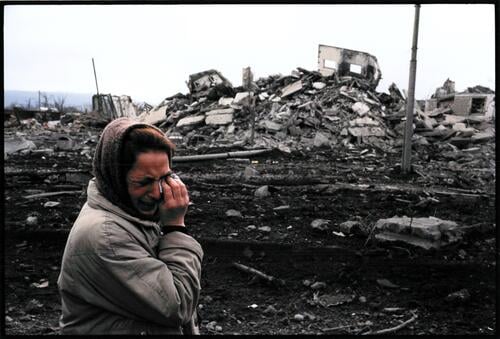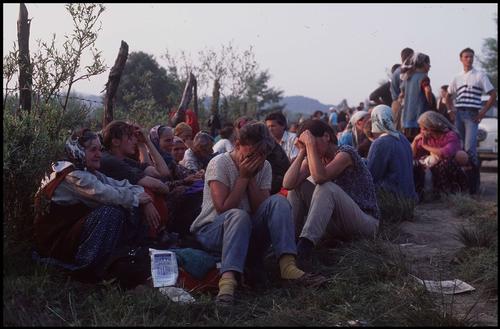All Speaking Out Case Studies > MSF and Srebrenica 1993-2003
The case study ‘MSF and Srebrenica 1993-2003’ explores the constraints, questions and dilemmas raised when MSF spoke out about the events that occurred in Srebrenica’s Muslim enclave. The enclave was besieged in 1993 and then seized by Bosnian Serb forces in July 1995. 8,000 men and young men over the age of 16 were massacred, despite the presence of the United Nations Peacekeeping forces supposedly providing protection in what had been declared a "security zone". With teams present in the enclave throughout, MSF testified to what happened and called on the various countries involved to hold inquiries and establish where military and political responsibility lay for the fall of the enclave and abandon of the people of Srebrenica.
Questions and dilemmas:
- By agreeing to provide a minimally acceptable level of relief to a besieged population, wasn’t MSF contributing to the strategy of the besieging troops while concurrently softening their image?
- Could MSF call for the evacuation of civilians who wished to leave thereby risking abetting the ethnic cleansing policy of the besieging army?
- Having trusted the UN Protection Force’s commitment to protect the enclave and its population, must MSF accept partial culpability for or complicity in the UN’s abandonment of the enclave and the ensuing massacre of the population?
- Didn’t MSF give the population the false impression that it would be safe as long as the team was present?
- Is it the role of a humanitarian medical organisation to issue an appeal for an investigative parliamentary commission then, once it is established, to actively monitor it with a critical eye?
- Contrarily, how could MSF not try to understand the circumstances and responsibilities, which, at the global level, led to the abandonment and massacre of a population to which its teams had provided relief?
- Could MSF be content with calling for a parliamentary investigation without ensuring that it asks the types of questions likely to elicit answers that shed light on the events?
- Should Srebrenica be viewed as an accident of history or as a clear-cut example of the impossibility of protecting populations under international mandates established by the UN?
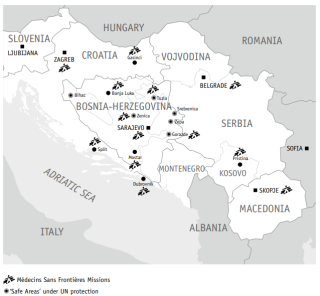
Speaking Out: Srebrenica podcast
msf.org"Speaking Out Srebrenica" podcast is adapted from the "MSF in Srebrenica, 1993-2003" case study. The 5-episode podcast series examines the constraints, questions and dilemmas surrounding speaking out that the MSF teams faced during the siege and subsequent massacre which took place in Srebrenica during the Bosnian War of the 1990s.
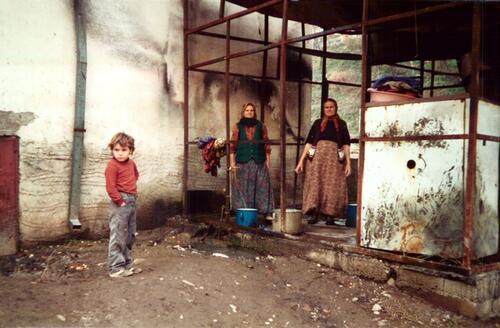
MSF and the War in the Former Yugoslavia 1991-2003
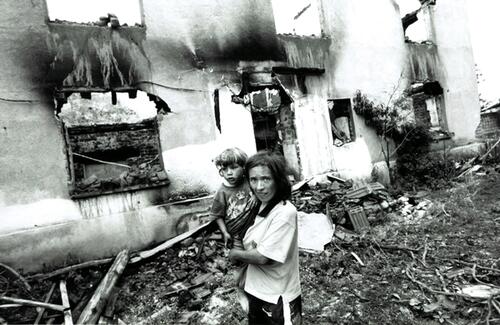
Violence against Kosovar Albanians, NATO's intervention 1998-1999
